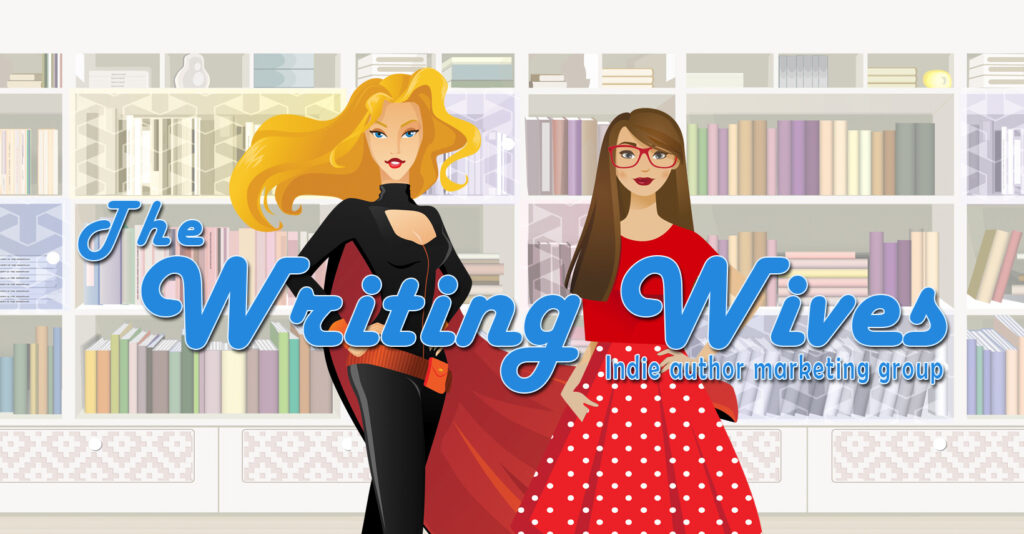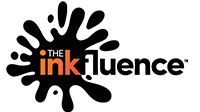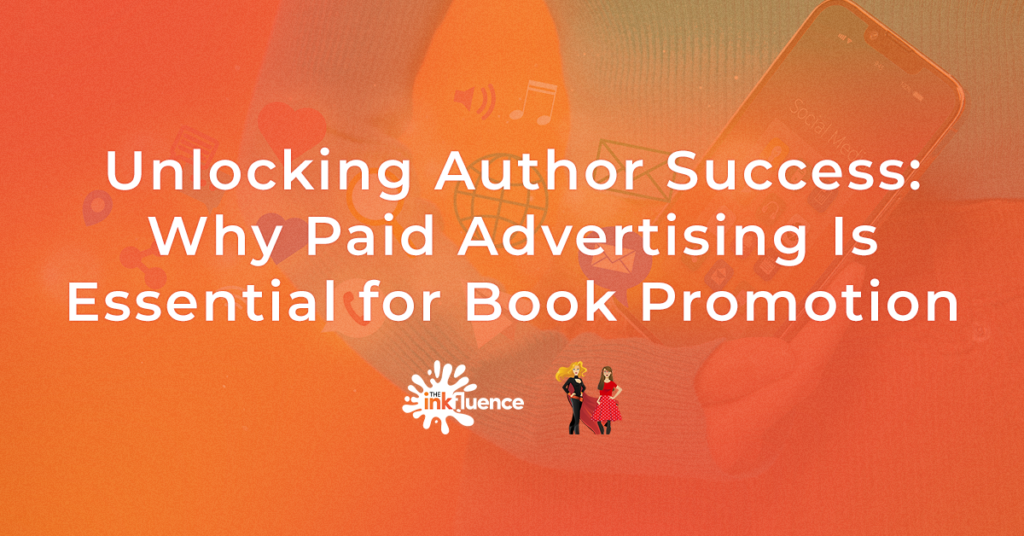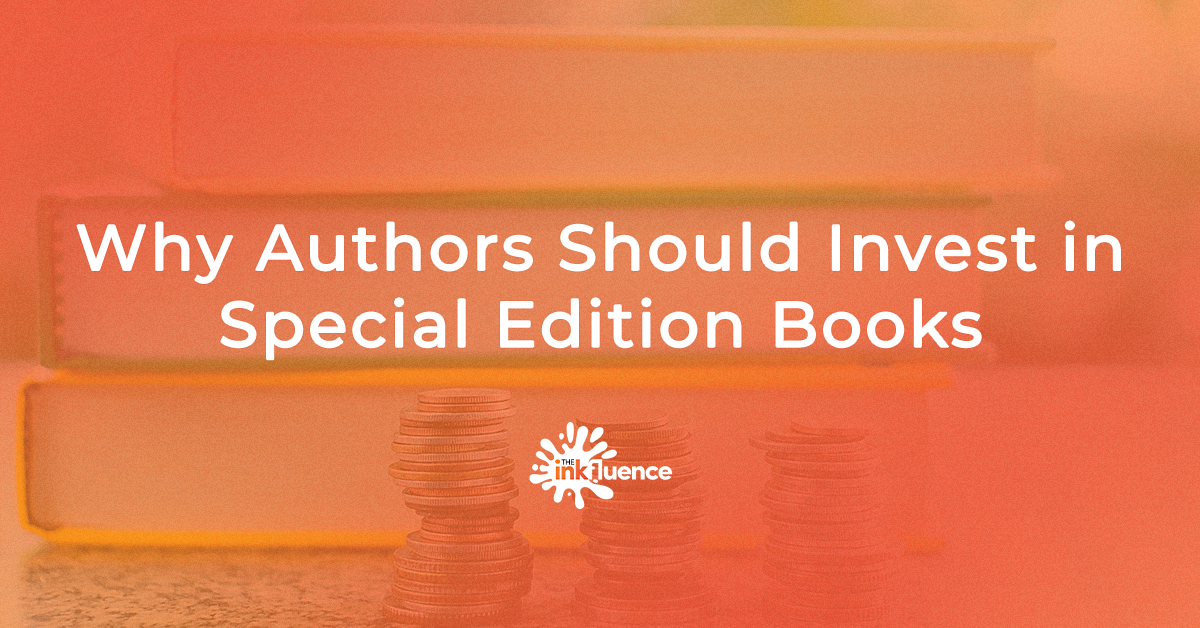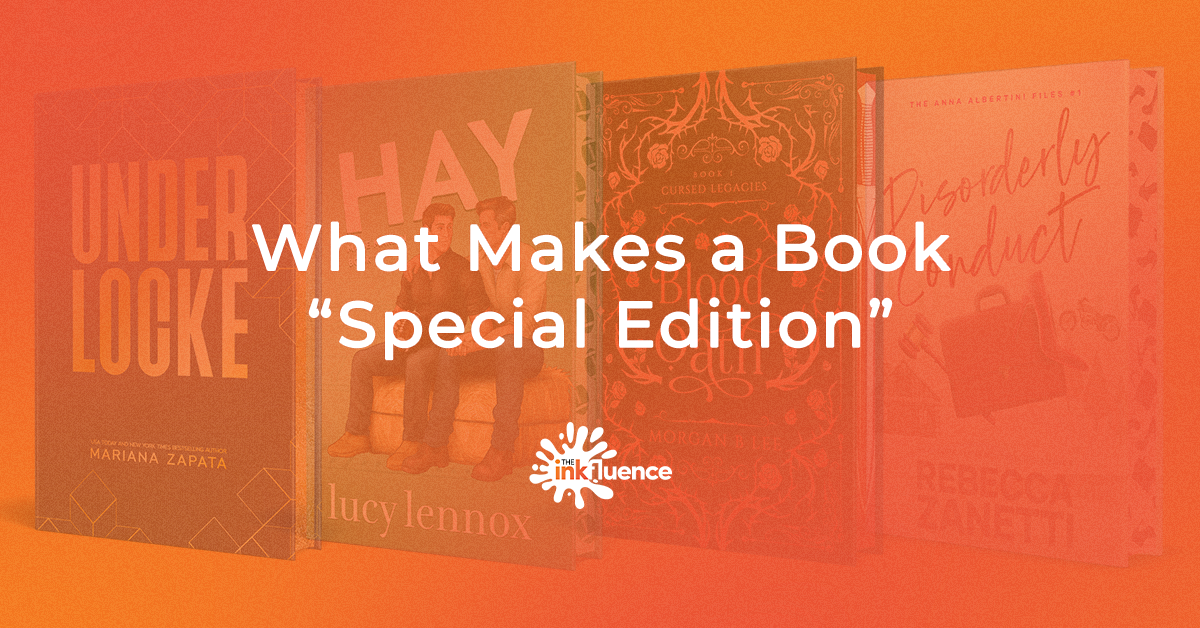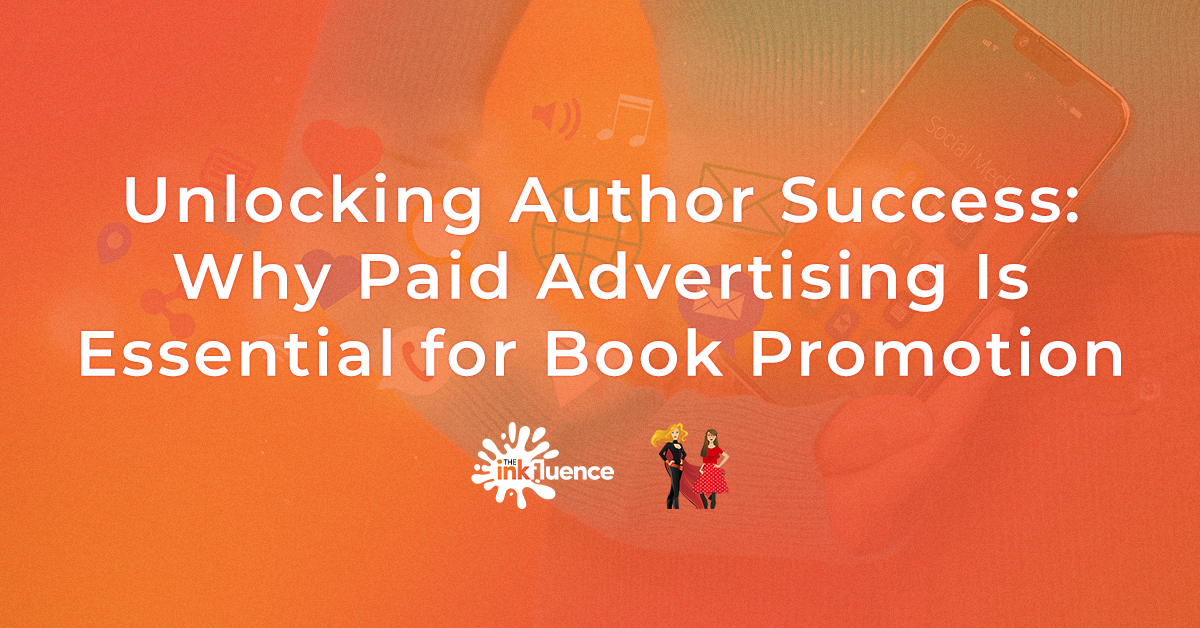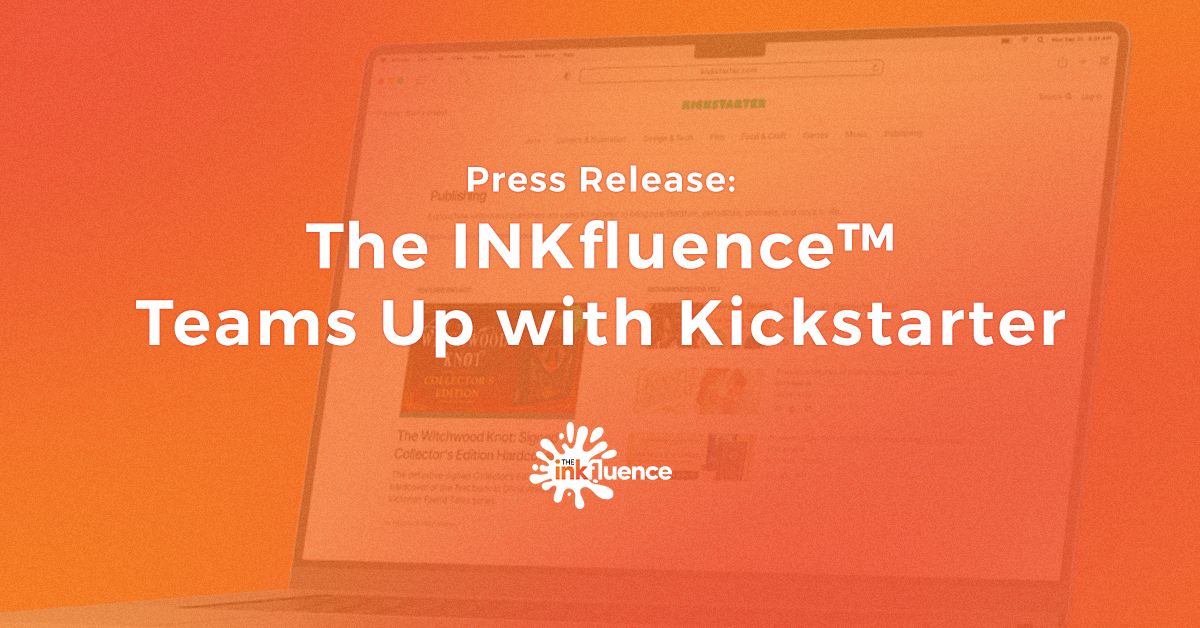Visibility takes effort. To spread the word about our latest work, authors need to either spend a lot of time beating the streets or use paid media such as ads and email services (Freebooksy, Bookbub, etc).
Early on in an author’s career, it’s often cheaper to build readership via ‘manual marketing’ such as newsletter building, group promotions, anthologies, and Facebook group activity. However, that only gets a person so far because the author becomes a bottleneck.
Any time spent painstakingly finding readers is time that the author could be doing the one thing that no one else can do: writing your books.
It’s entirely possible to write and perform an edit pass on a 60k book in about 240 hours (assuming writing 500 words an hour). That works out to 30 days at 8 hours a day. If an author spends 2 hours a day, 5 days a week doing manual marketing, that comes to 520 hours a year.
More than enough time to write two more books.
This opportunity cost is what authors rarely think of when they’re evaluating whether or not to use paid marketing.
Yes, ads cost money. When starting out, they may only break even. But if they allow an author to write two—or even one—more books per year, then the readers they attract with their ads will read even more future books and the lifetime marketing return will grow.
With the argument for why an author should strongly consider running ads out of the way, let’s talk about why ads are doubly necessary for both direct sales (Shopify/Wix/Square/Woocommerce/etc) and special events like Kickstarter.
When utilizing retailers such as Amazon, iBook, or B&N, the store platform will bring many readers directly to your books, be it from built-in promotional algorithms, general category searches, or readers searching directly for your books. In addition, other services like Goodreads and Bookbub send readers free new-release notifications that also drive readers to the retailers.
But other than your newsletter and Google search results, nothing is driving readers to your direct-sales website—and both of the above sources are only going to bring existing readers to your site.
That’s where paid ads come in.
They’re your tool to find new readers and bring them to your direct sales website where you not only get roughly 95% of the sale (rather than a 70% royalty), but you also get the reader’s email so that you can contact them again about future releases or offer deals on additional books in the series.
This direct access to your readers is perhaps the most valuable non-monetary thing that moving beyond retailers gains authors. It’s something that every other business takes for granted but is a relatively new situation for authors. It is information that retailers have withheld from authors to their benefit and to our detriment, making gaining reader contact information an additional labor that authors must perform post sale.
Direct sales solves this, and the most effective way to get new readers to your site is paid ads.
That brings us to Kickstarter. In many ways, Kickstarter is like direct sales lite. Rather than creating a whole store with all the product entry, tax calculations, and ongoing shipping management that comes with such an endeavor, Kickstarter allows authors to do a limited-time run with a highly attractive offering.
Kickstarter does provide some visibility to authors with their built in search, but you can be certain that the high-profile projects that have brought in six and seven figures did not do so by relying solely on algorithmic promotion on Kickstarter.
They did off-site advertising, and a lot of it.
Now, that advertising could have been by spending months of their time beating the streets, it could have been paid ads, or it could have been both. However, most of the authors who really hit it big ran ads for their Kickstarter.
Paid ads will get more eyes on your Kickstarter, spread more word of mouth, and ultimately get more backers for your project.
However, if you’ve never run ads before, you may not know your audience nor how to craft ad copy and creatives that convert. Because of the short timeframe, we don’t recommend making a hard 3-week push for Kickstarter your first foray into paid ads.
In short, if you want to grow your author career beyond what you can achieve with manual marketing, then paid advertising is going to be a critical part of your strategy.
Take the time to learn how to reach your readers sooner than later, and don’t expect early efforts to be instantly profitable, rather understand that they are learning experiences where you’re building skill and expertise, preparing for when it’s time to make a big push for your first major Kickstarter or to launch your own direct sales store and get full control of your sales and reader experience.
Interested in running ads for your next project?
The Writing Wives: Helping Authors Sell More Books!
We are the Writing Wives, founded by NYT best-selling author Malorie Cooper and USAT-best selling author Jill Cooper, authors of the best selling ‘Help! My Facebook Ads Suck!‘
Our goal is to make your book or project not just a vision, but a reality. Schedule a call with us to get pricing for your project!
